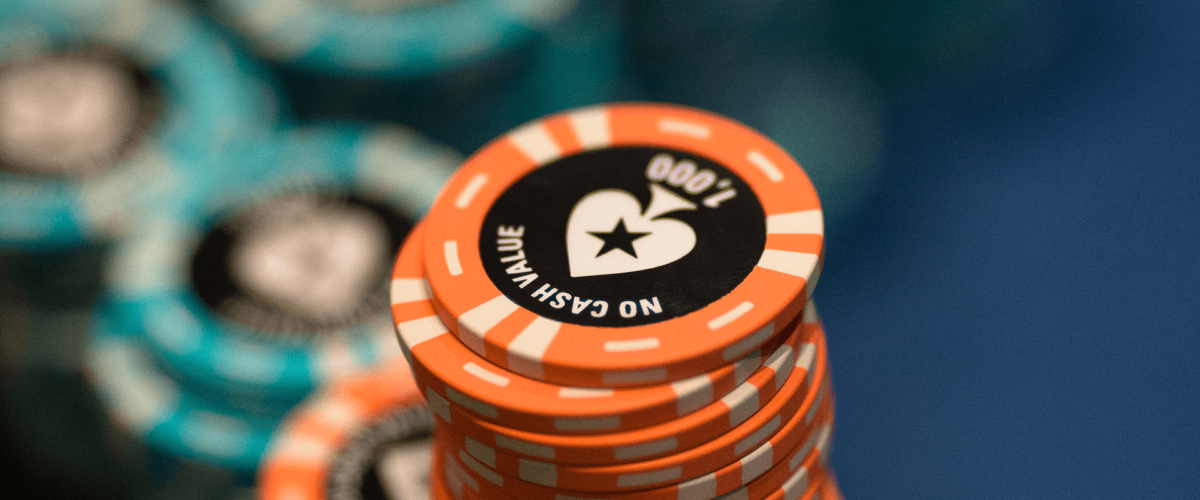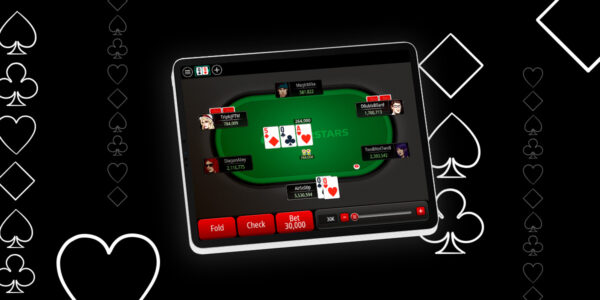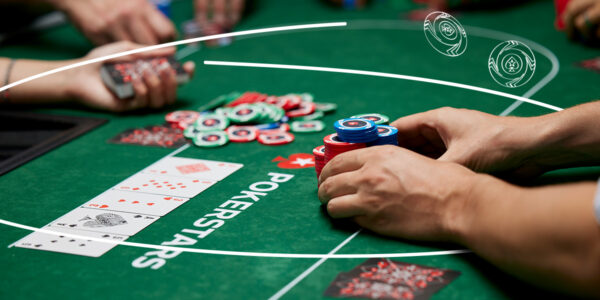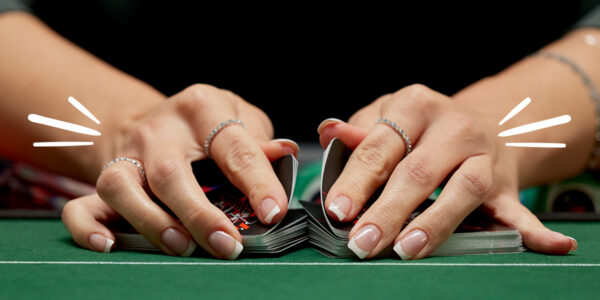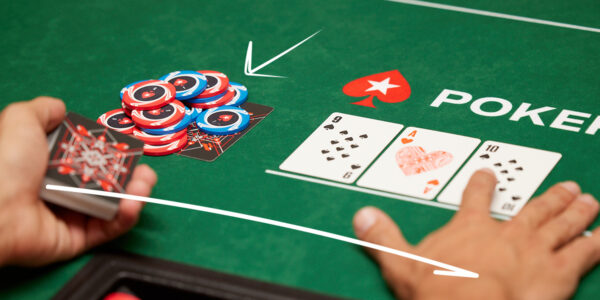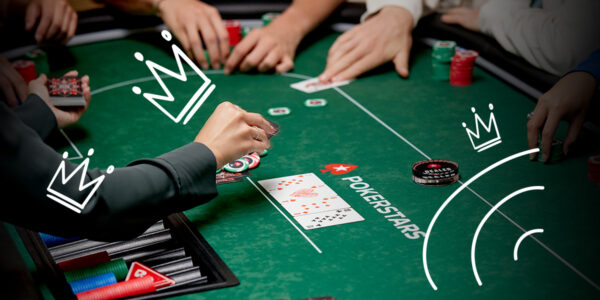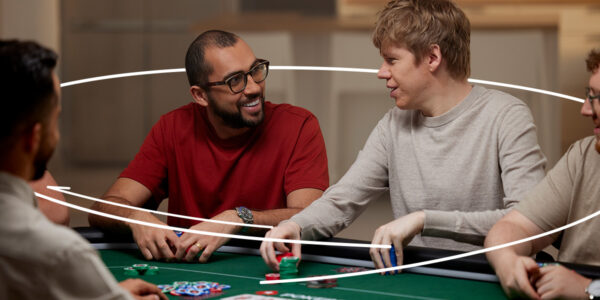Broken Poker Slogans | ‘Play the Player, Not the Cards’
In this series of poker strategy articles, I play the role of grumpy coach and debunk some of the most harmful myths about the game. New players are already overwhelmed and confused enough by the complexity of poker and the vast quantity of information that’s out there. The last thing they need is for some outdated cliché to invade their framework of understanding. Nevertheless, these grains of wisdom from the nineties, when poker was a game of intuition and tells, still exist and they are not one bit compatible with the modern game and its objective truth. Let’s bust some myths, shall we?
‘Play the Player, Not the Cards’
The first part of this slogan is not necessarily bad, but it is somewhat misleading. The second part is downright absurd and we’re about to find out why. First off, where does this outdated mantra come from and why does it still exist today?
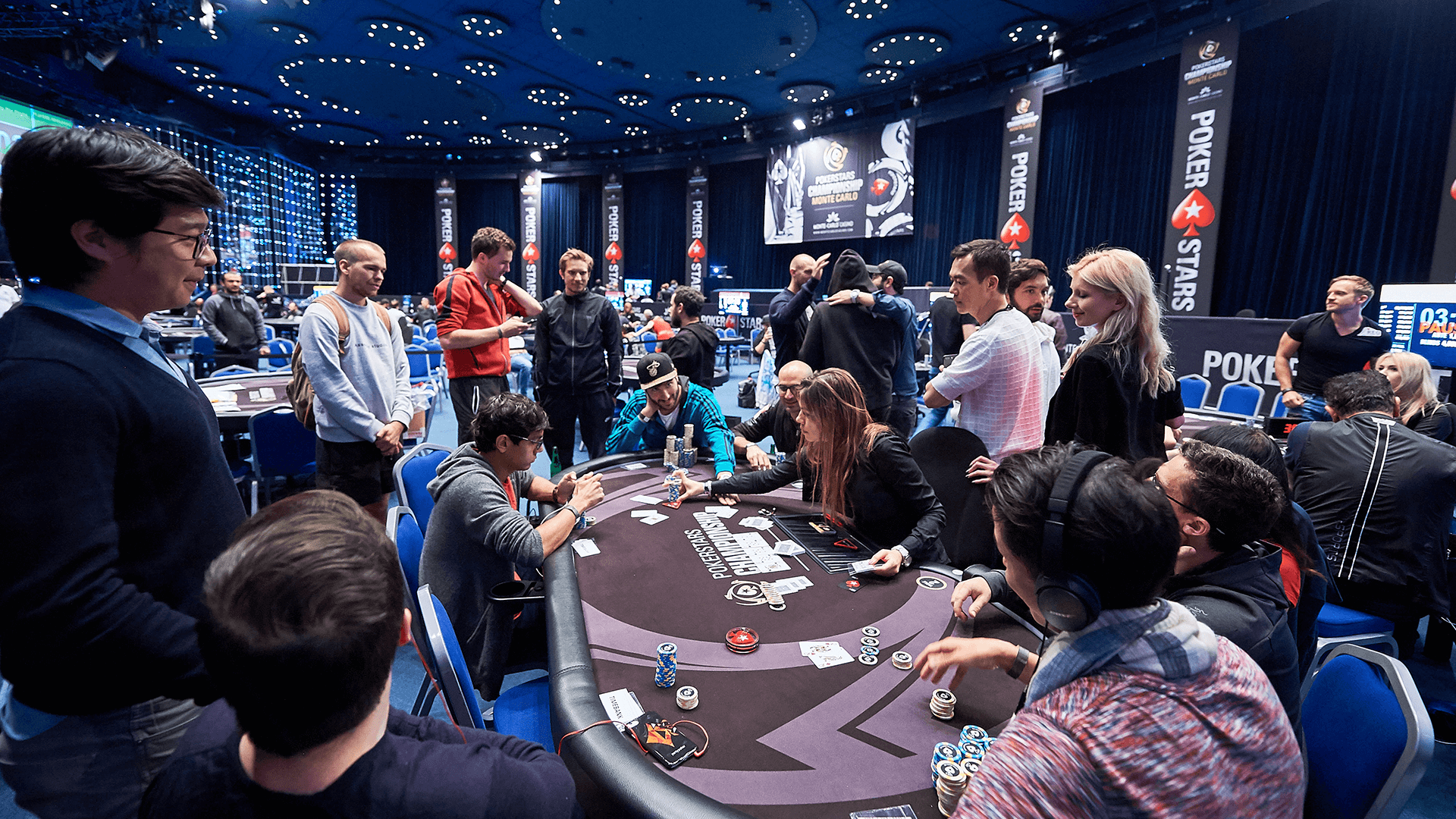
The roots of this piece of apparent wisdom grew in the late 90s and early 00s when poker was just beginning to raise its head above parapet of obscurity. At this time, televised events pimped up the importance of soul-reading – the art of making big calls, folds, or bluffs based on live reads. The advice: ‘play the player, not the cards’ was the community’s way of stressing how important it is to react to your opponent’s tendencies and tells. This advice also filled the void left by a lack of strategic understanding. These were the days long before training sites, technical poker books, GTO, and poker solvers. This advice still exists today is because it is simpler and more appealing than the more sound variant which would go something like:
‘Learn how the cards should be played theoretically and then make adjustments for the player’s tendencies where applicable.’
That might sound less flashy, but it will give you a much better foundation from which to build your game.
The Perils of Playing the Player
The old mantra leads beginning players, who lack a solid framework about how to play the cards, down a tempting but flawed path of making up reads instead of learning the fundamentals. So often an inexperienced student will say something like ‘I thought he was bluffing’ when asked to explain a play that he made. Maybe he’ll justify a bet or raise with: ‘I was representing the flush’ and think this is acceptable reasoning. When probed as to where the concrete read that his opponent was holding a bluff came from, the response is often a deflated shrug. This is a case of wrong question – random answer.
The old school of thought – play the player – has taught this student that he needs to always know what his opponents are doing. If I asked you whether you thought the jumper I’m wearing as I write this was grey or black and promised you $100 if you guessed correctly, you would pick an answer at random – it’s the best you can do with the impossible question I presented you with. Because the poker student thinks that he needs to have an answer to the question: ‘what is my opponent doing?’ he makes one up. He guesses grey and sometimes (like today) he’ll be right, but often he’ll be wrong. The upshot is that his choices are made at random through the means of trying to play an unknown player. He neglects how his cards should be played in game theory and against the wider population, about which, he does know a great deal if he stops and thinks about it.
Soul-reading a live tell and picking up on a massive imbalance in an opponent’s bet-size are wonderful experiences, but they occur too rarely to matter in the long run. Instead of asking what an unknown opponent is trying to do or what he’s thinking when he makes a bet, ask yourself what the player type or population is doing at your stakes, or failing that, what range he should make the play with in theory and how you should respond.
Why you MUST Play the cards
What you have does matter. Even if you have a read on your opponent that guides you in some exploitative direction (playing the player), you will still want to think about how your specific hand can maximise its EV against his range. For example, if you hold 5d5c out of position on KcKs5s 7h 2d and a sticky player has called your bets on the flop and turn, then you will want to overbet the river. Villain has an abundance of Kx hands when you hold no blockers to these cards. However, if your hand was KhKd, you would want to consider another option like a smaller bet or even a check to induce bluffs from missed draws. There is a huge difference here between these two holdings and you need to combine your theoretical knowledge about the card removal effects of 55 vs. those of KK with the reads about how Villain will react to various options. Play the player if possible, but first and foremost, play the cards!
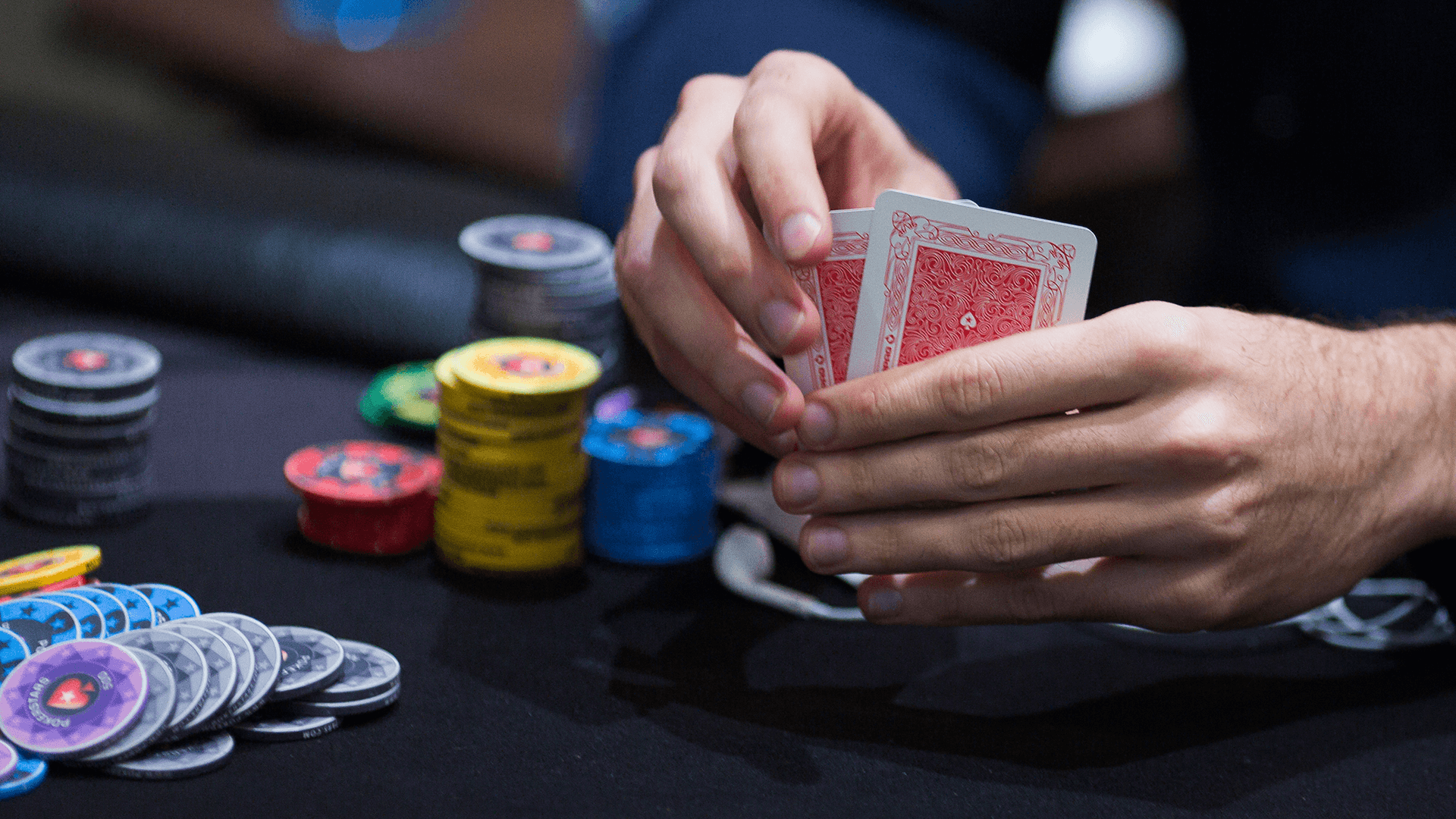
Betting for No Reason
One of the worst ailments to arise from this old harmful mantra is the student making bets and raises that literally accomplish nothing because he has forgotten what his cards are and how that affects his EV. If, on the river, you hold a marginal hand that will win against missed draws and lose against bigger pairs, betting is usually suicidal. However, the student might well fall into the trap of obsessing so much about the read he’s made up about Villain that he bets here. When asked why, he’ll respond: ‘because I put him on the busted flush draw.’ If this read were correct and based on evidence, (which it usually is not) and the student held absolute air, then fine, the bet can get Villain to fold his better missed draw. When you hold a pair, however, and do not have a concrete read, all you are doing is making Villain fold a weaker hand, preventing him from bluffing, and costing yourself extra money against stronger pairs that might have checked behind.
Betting for no reason is almost an unavoidable consequence of ‘play the player, not the cards.’
More Slogan Bashing to Come
The time has come to rid our game of these outdated and useless sayings. If you enjoyed this article, then join me in future instalments of ‘Broken Poker Slogans’ as we vanquish these outdated sayings and drag the hearsay of poker, kicking and screaming, into the modern age.
Condimentum Nibh
Donec sed odio dui. Cras mattis consectetur purus sit amet fermentum. Vestibulum id ligula porta felis euismod semper. Curabitur blandit tempus porttitor.
